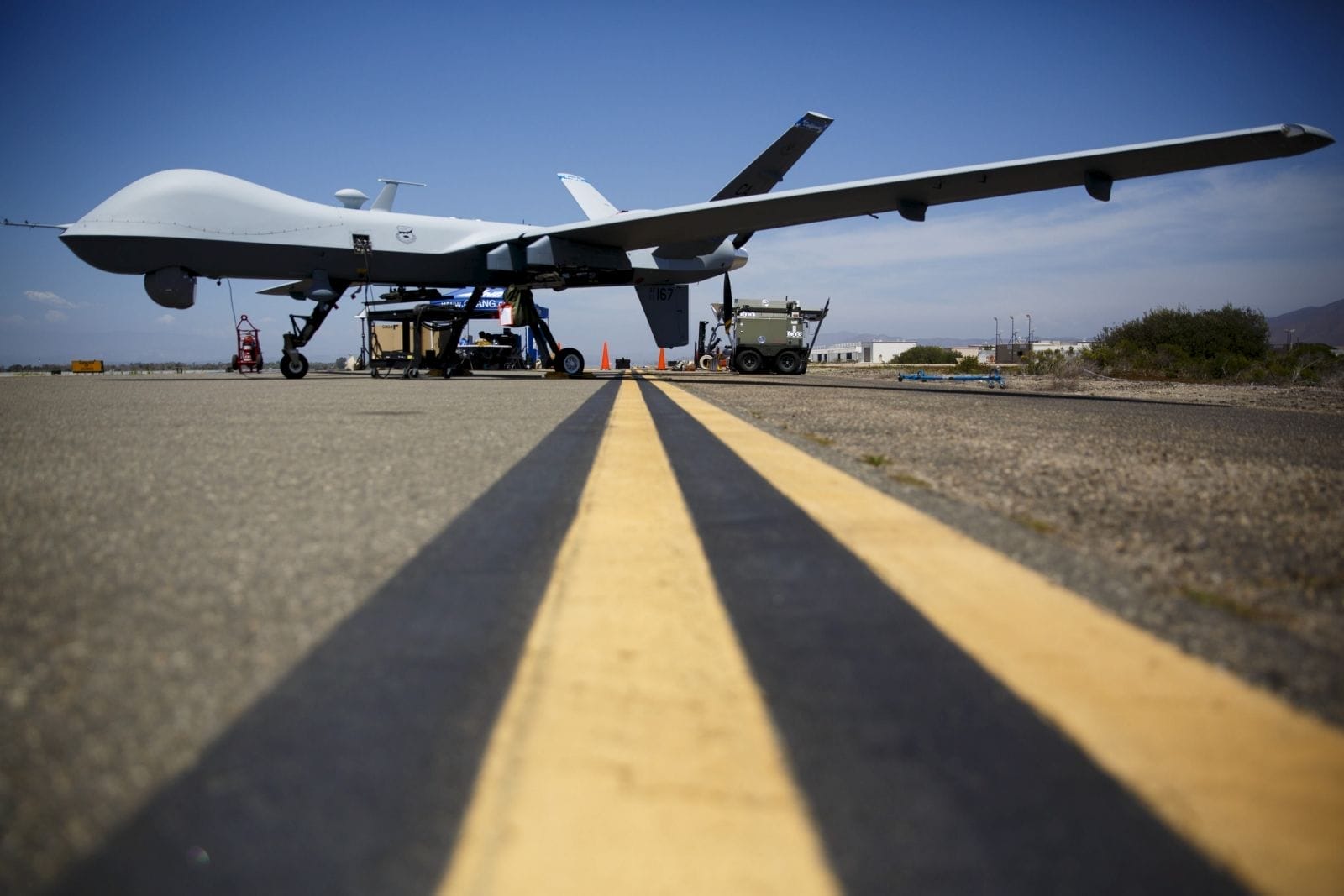The United States is advancing high-level negotiations with Côte d’Ivoire to establish a strategic drone operations base, marking a significant shift in Washington’s military presence in West Africa following its withdrawal from Niger.
Discussions between both governments have intensified in recent weeks, with General Michael Langley, Commander of U.S. Africa Command (AFRICOM), meeting Ivorian Defense Minister Téné Birahima Ouattara in Abidjan to explore logistical and operational frameworks for the potential base. The facility would likely be located near Odienné, in northern Côte d’Ivoire, a region that borders Mali and Guinea, both considered flashpoints in the fight against extremist violence.
If finalized, the base would provide the U.S. military with an operational hub for MQ-9 Reaper drones, capable of covering vast swaths of the Sahel and the Gulf of Guinea. This would include surveillance over terrorism-prone areas in Mali, Burkina Faso, and Niger, all countries where the U.S. has faced growing strategic limitations.
The talks come in the wake of the U.S.’s accelerated exit from Air Base 201 in Agadez, Niger, after the 2023 coup rendered continued operations politically untenable. The loss of that critical asset has left the Pentagon seeking alternative locations to maintain intelligence, surveillance, and reconnaissance (ISR) capabilities in a region where jihadist insurgencies continue to threaten stability.
Côte d’Ivoire’s relative political stability and cooperative defense posture have made it a prime candidate in Washington’s broader effort to recalibrate its West African security strategy. Alongside Ghana and Benin, the Ivorian government has reportedly been on a shortlist of potential hosts as the U.S. considers its next move to maintain a regional counterterrorism presence.
Should the deal proceed, it would represent a deepening of defense ties between the two nations and significantly raise Côte d’Ivoire’s profile as a strategic partner in continental and global security affairs. It would also fill a void left by France’s declining military footprint across the Sahel, as Paris continues to recalibrate its engagement in the region.
While no formal agreement has been announced, diplomatic sources suggest the tone of recent meetings has been constructive, with both parties eager to finalize an arrangement that supports regional stability and aligns with mutual defense objectives.
Strategic analysts caution, however, that such a development will require careful navigation of regional politics, legal frameworks, and public sentiment in host countries. The presence of foreign military assets even for counterterrorism purposes, remains a politically sensitive topic across the continent.
As the security landscape in West Africa evolves, the proposed U.S. drone base in Côte d’Ivoire could play a pivotal role in shaping the next chapter of international engagement in the fight against extremism and regional instability.

